Crystalline silica is widely found in nature. Occupational exposure to crystalline silica dust occurs in many industries including: quarrying, mining, mineral processing (e.g. drying, grinding, bagging and handling) slate working, stone crushing and dressing, foundry work, brick and tile making, some refractory processes, construction and demolition work, including work with stone, concrete, brick, and some insulation boards, tunnelling, building restoration, pottery and ceramic industries. Where concrete, stone, or sand-based materials are used, there is a potential for exposure to crystalline silica dust.
Participants will receive a USB Flash Drive containing a complete Trainer’s Start-up Pack, which includes everything from attendance & assessment sheets to your PowerPoint slideshow. There will be links to relevant Legislation, HSA Guidance documents & checklists. We also encourage our participants to join us and present on our own training courses, providing them with added confidence and experience, should they require it.
Maximum participants per course: 12
This course is ideal for trainers assigned the responsibility for training within your organisation, or for those involved in training on a consultative basis.
A Pat O Brien Safety 5-year Silica Dust Instructor Certificate and Instructor Card is awarded to all participants on successful completion of this course.
Ideally, participants should have an existing training qualification at Q QI Level 6 or higher, particularly if they intend to train on a consultative basis.
See article: BBC article
Check more information about Building Control REGS 2014.
Chat with our Team Today to enquiry about a training, Contact Us at the number or email address above, and follow us on Facebook for regular updates.


Head Office: 9 Robinhood Road,
Fox-and-Geese, Dublin 22,
D22 DT29, Ireland
Email: colm@patobriensafety.com
© Pat O Brien Safety Ltd. 2026 | All Rights Reserved.